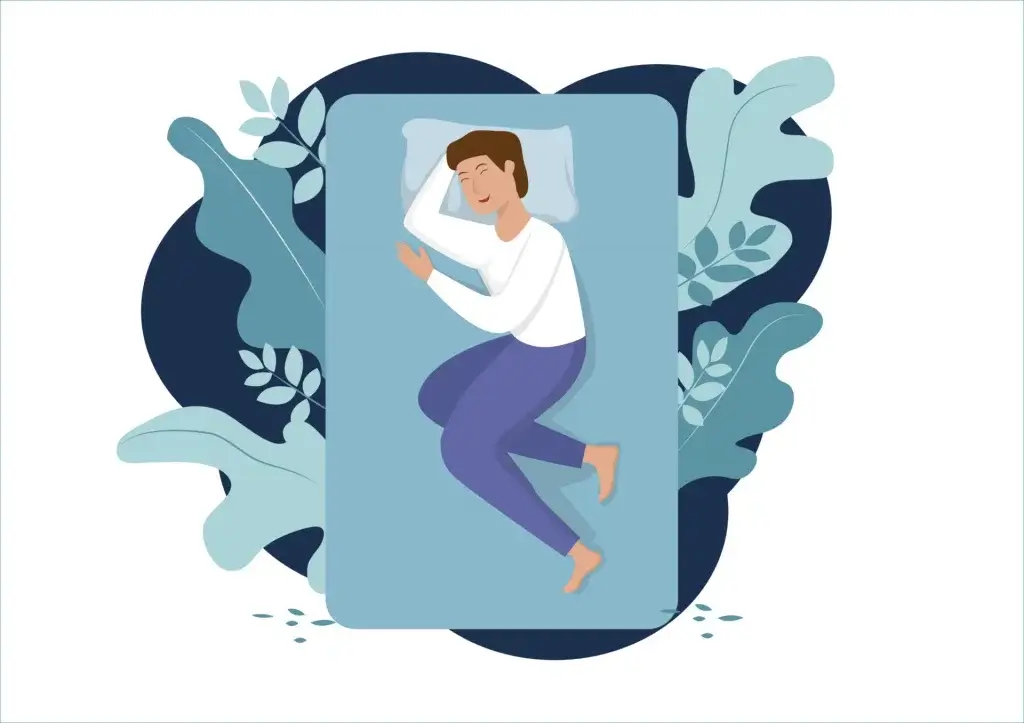
Insomnia is defined as, “Regularly finding it hard to fall asleep or stay asleep, waking early and feeling tired or irritable”. This is something that can affect anyone and often without an obvious reason or trigger but when it begins to occur on a regular basis, it can have a huge impact on mental health and daily functioning.
In a study by Nuffield (2022), 74% of working adults reported poor quality sleep on a regular basis, which shows just how common sleep difficulties are.
This then has a huge impact on mental health and it is reported that people with insomnia are 10 times more likely to experience depression and 17 times more likely to experience anxiety.
This is where CBT for sleep and other forms of counselling or psychotherapy can play a big part in helping a person to improve their sleep.
This varies from person to person and is dependent on age and activity levels, alongside being impacted by things like illness, alcohol and diet. A typical adult needs around 7-9 hours of sleep but some can get by on as little as four, whereas others require 10+.
As babies and children, we need much more sleep and this gradually reduces as we enter adulthood.
For sleep though, it’s not just about the number of hours, but also about the quality of the sleep you’re getting and people will typically report feeling more rested from six hours quality sleep, than 10 hours of poor-quality sleep.
Why do we sleep?
Sleep can impact a person in any number of ways but these a some of the most common things a person with poor sleep may notice:
There are a number of different causes for poor sleep. Some of these temporary, like being unwell or having young children, whereas others, due to stress, anxiety or underlying health conditions, can impact in the longer term.
Other things like your sleeping environment, caffeine, alcohol and changes in routine can also have an impact on the quality of sleep you’re able to get.
CBT is the recommended form of psychological treatment for poor sleep. CBT primarily works on adjusting the way a person thinks about sleep to reduce anxiety around sleep and make it easier to relax and then get to sleep.
CBT also focuses on behaviours which may be maintaining poor sleep by helping a person to develop new routines which work more effectively and promote good quality sleep.
There are a number of things you can try yourself to help improve your sleep:
Contact us today to see how we can help you to achieve better sleep.
Contact Us